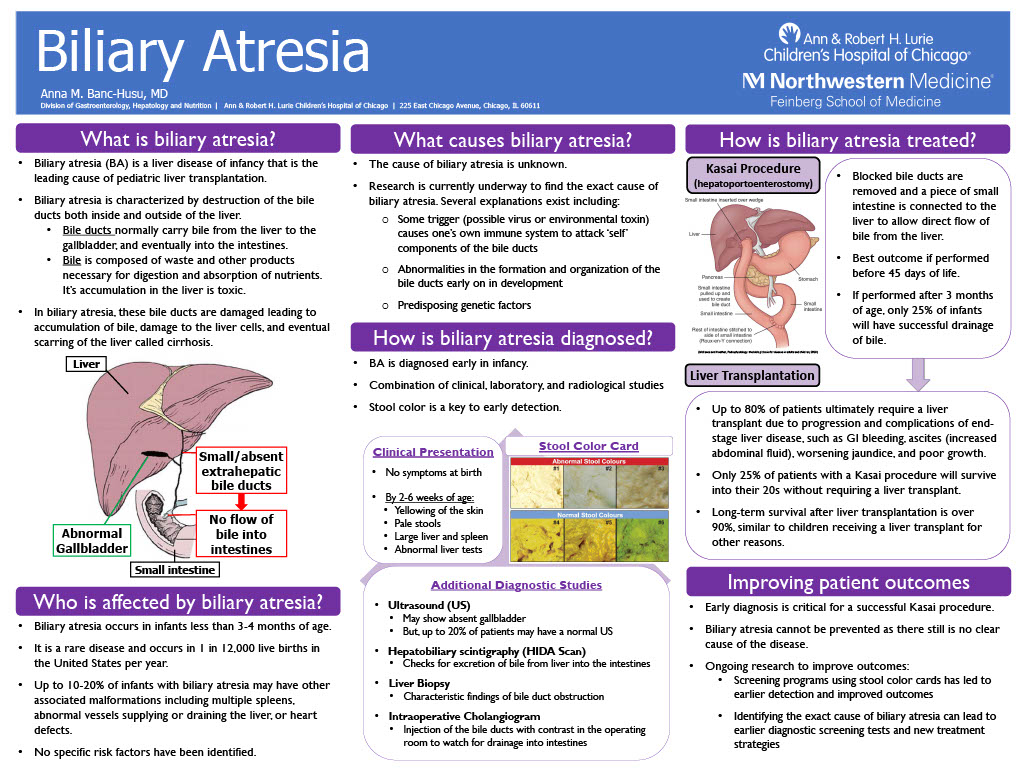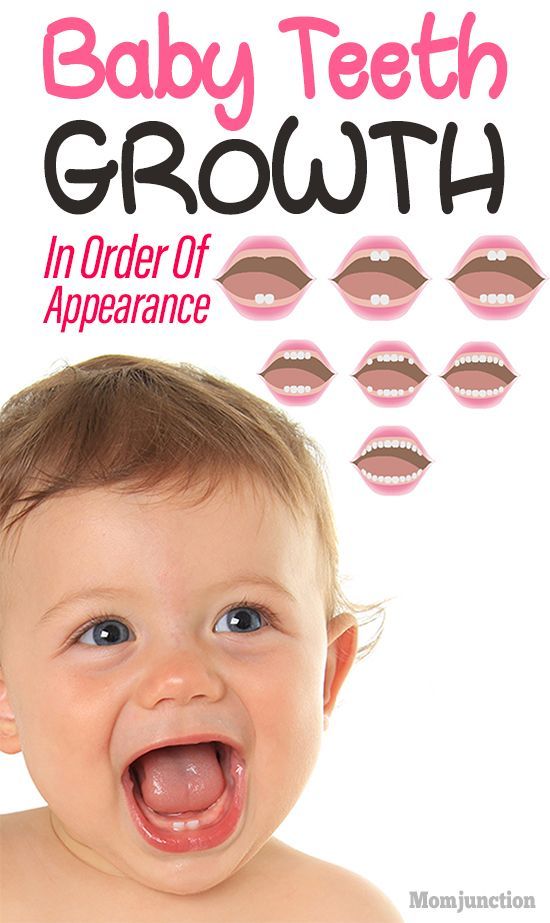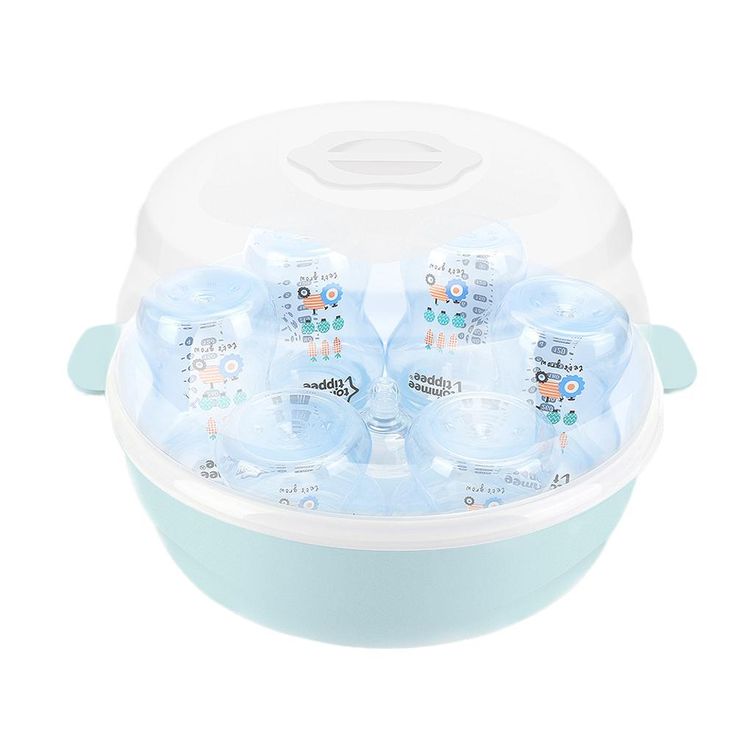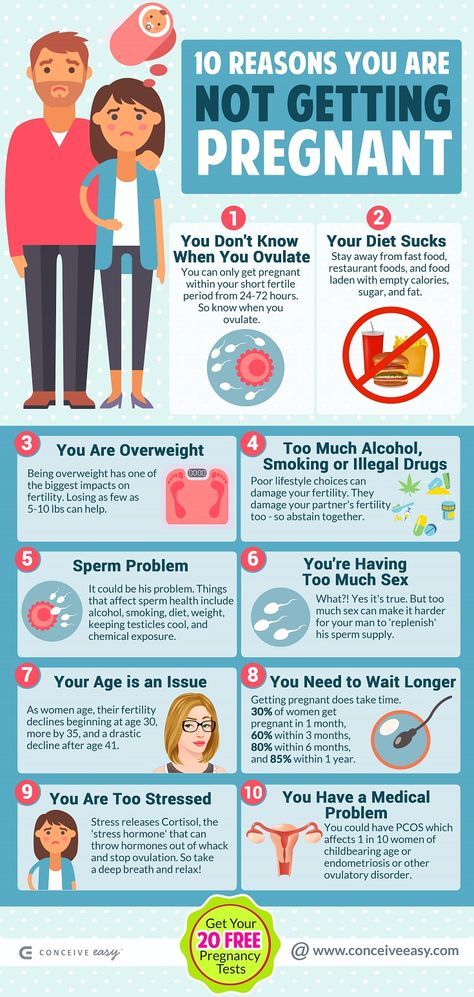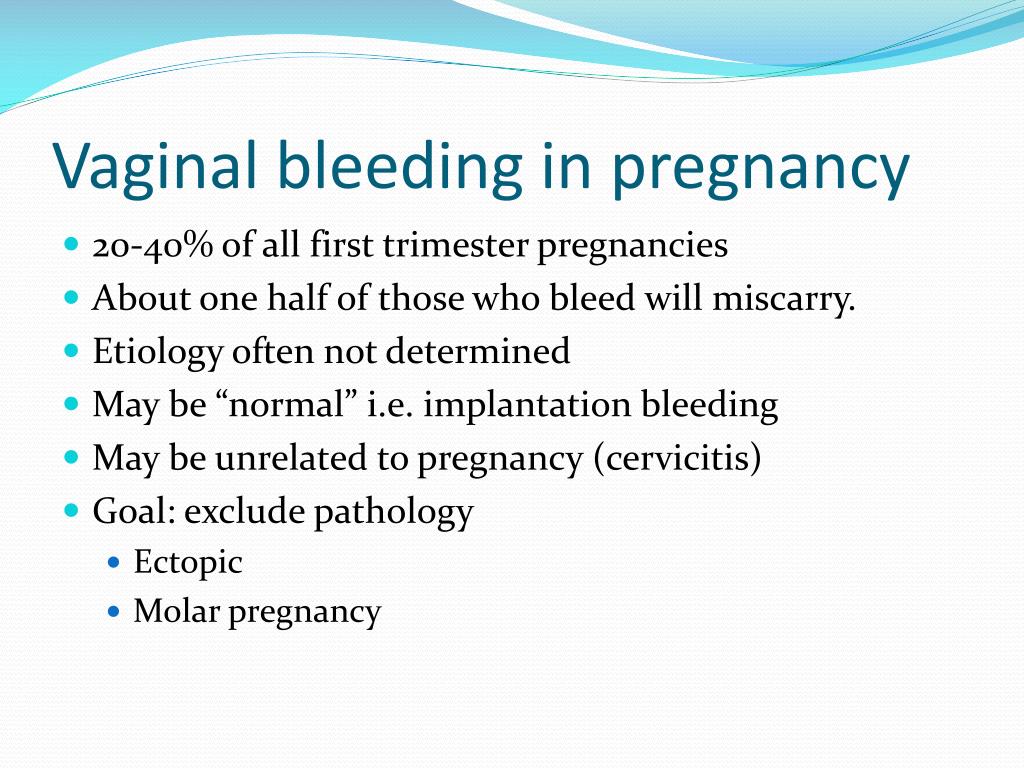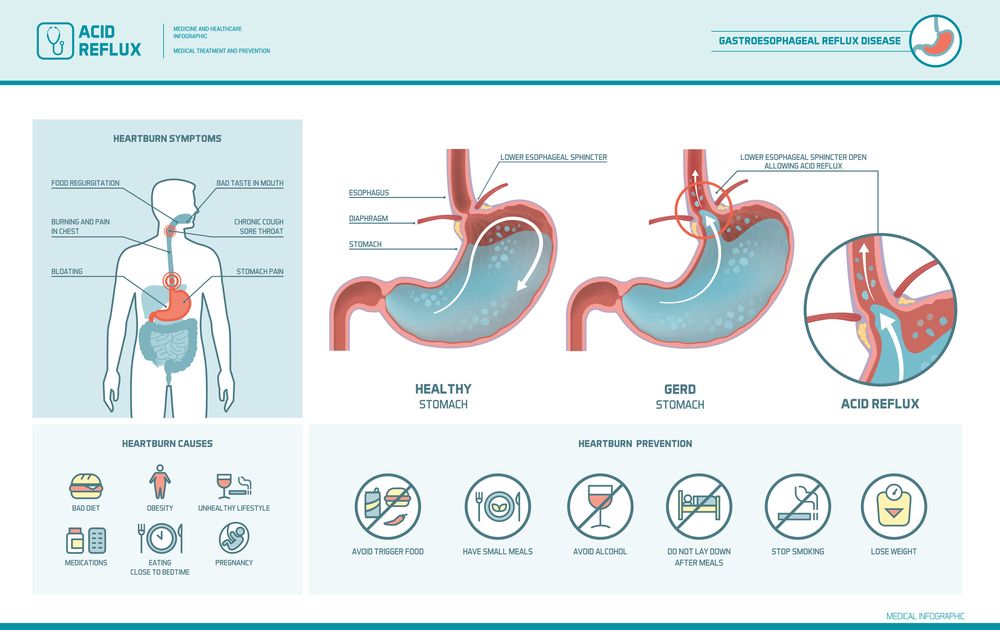Newborn baby having trouble pooping
Symptoms, Treatment and When to Call a Doctor
Nationwide Children’s Hospital
Constipation (con-sta-PA-shun) in infants can worry parents. Most of the time, your baby is not really constipated. They may not have developed a routine for pooping yet. Some babies do not develop a bowel movement (BM) pattern for a while.
An infant’s BM pattern can change if their diet changes, like switching from breastmilk to formula, starting solid foods, or drinking less formula than usual. If your baby’s stool (poop) is not soft or easily passed, then they may be constipated.
In rare cases, constipation may be caused by a lack of nerves going to the intestines or by a problem with the way the intestine formed at birth. Your baby can be tested for these conditions if your health care provider feels it is needed.
Signs of Constipation
- less stools than their usual pattern
- straining more than normal to have a bowel movement
- a change in how the stool looks from soft and mushy to:
- small, hard pebbles, or like a large, round golf ball
- loose and watery
- abdomen (belly) bloated or swollen with gas
- painful cramps
Treatment
- If your baby is not eating baby food yet, you may give 1 to 2 ounces of 100% fruit juice (pear, prune, cherry, or apple) once a day.
Stop the juice if their stools become too loose.
- If they are old enough to eat baby foods, feed them pureed pears, peaches, or prunes instead of giving them juice.
- If your baby eats cereal, it may help to give oatmeal, wheat, or barley cereal. Rice cereal can cause constipation in some children.
- Sometimes giving your baby a warm bath to relax them or exercising their legs, like riding a bicycle, will help stimulate the bowels to move (Picture 1).
- If it has been a few days since your baby has pooped and the juice or pureed food has not worked, then you can try a glycerin suppository. Place your baby on their back. Gently push the suppository into their anus (bottom). Suppositories are meant for occasional use.
- Contact your baby’s health care provider before giving them laxatives, baby mineral oil, or enemas to treat constipation.
Medical Therapy
Your child’s health care provider may order the following treatments:
- Give your child medication.

- Check your child’s temperature using a digital, rectal thermometer. Put a small amount of petroleum jelly (Vaseline®) on its tip before inserting into the rectum. Taking a rectal temperature may stimulate the baby to pass stool.
When to Call the Health Care Provider
Call the health care provider if any of the following occurs:
- Your baby is irritable and seems to be having stomach pain. Infants will pull their legs up to their stomach and cry when they are in pain.
- Your baby has constipation and develops vomiting, and their belly looks like it is bloated or filled with gas.
- You see blood in their stool.
- Their constipation does not get better with treatment.
If you have any questions or concerns, call your baby’s health care provider.
Constipation: Infant (PDF), Spanish (PDF), Somali (PDF), Arabic (PDF), Nepali (PDF)
HH-I-14 ©Copyright 1984, Revised 2022, Nationwide Children’s Hospital
You Might Also Be Interested In
Blog
The Pee Palette: What Do All of Those Colors Mean?
Blog
Pelvic Floor Physical Therapy: How It Can Help
Podcast
PediaCast 503 Your Childs Stomach Part 1
Constipation in Babies & Newborns
It’s easy for parents to misunderstand constipation and how it affects a baby.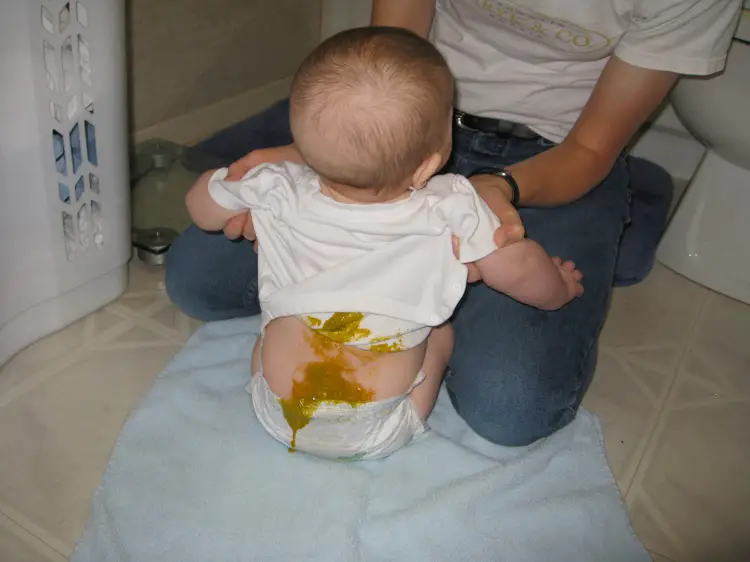 They can’t tell you if they’re having problems pooping. A few basic facts about your baby’s digestion can help you keep things in perspective.
They can’t tell you if they’re having problems pooping. A few basic facts about your baby’s digestion can help you keep things in perspective.
Can Few Poops Still Be Normal?
Because breast milk is so nutritious, sometimes a baby’s body absorbs almost all of it, leaving little to move through the digestive tract. Your baby may poop only once in a while -- it’s perfectly normal for breastfed infants to have a bowel movement once a week.
Some infants just have a slower (but completely normal) gut, so they don't go very often. Hard stools are common from time to time. But if your baby seems to be in pain or you have any concerns, call your doctor.
In rare cases, a medical problem causes lasting, serious constipation. For example, the muscles in the intestine aren’t working the way they should or there’s a blockage in the digestive tract.
Symptoms of Constipation in Babies
Constipation isn’t just about how often your baby poops. It’s also about how tough it is for them to do it. If they have soft, easy-to-pass stools every 4-5 days, they’re probably OK. On the other hand, you should talk to your doctor if they:
If they have soft, easy-to-pass stools every 4-5 days, they’re probably OK. On the other hand, you should talk to your doctor if they:
- Have a hard time going or seem uncomfortable
- Have hard stools
- Have stool that is bloody or black
- Don't poop at least once every 5 to 10 days
- Won’t eat normally
- Have a swollen belly
Home Care for Constipation in Babies
- If you're bottle feeding, try a different brand of formula -- after you check with your doctor. Constipation should never be a reason to stopbreastfeeding.
- Add a little dark fruit juice, like prune or pear, to your baby's bottle.
- Give them some extra water if they’re older than 4 months -- no more than 1-2 ounces per day. But check with the doctor first.
- If your baby is eating solid foods, try some that are higher in fiber, like pureed prunes or peas, or cereal with barley or whole wheat.
- Try bending your baby’s knees toward their chest.
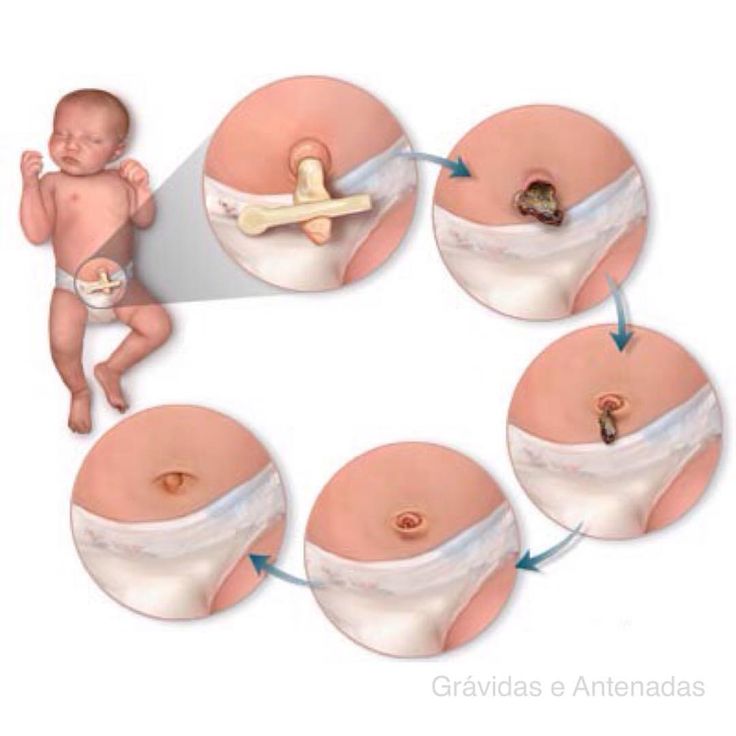 It’s easier to get poop out in a squat posture than lying flat. It may also help to exercise their legs gently in a bicycle motion.
It’s easier to get poop out in a squat posture than lying flat. It may also help to exercise their legs gently in a bicycle motion. - A warm bath can help your baby’s muscles relax and release poop.
- Gently massage their belly.
- Taking your baby’s temperature with a rectal thermometer may stimulate their bowels.
- Remember that most babies who don’t poop a lot are not truly "constipated" and don’t need anything different from normal.
OTC medications for constipation in babies
If home remedies don’t work, there are some over-the-counter medications you can try. Ask your doctor first.
- Glycerin suppository. This is placed directly in your baby’s anus to stimulate a bowel movement.
- Laxatives. Only use a laxative if your doctor tells you to.
Urinary disorders in children
2019.12.29
Urinary problems in children have a profound impact on their lives and their families. Recently, we have seen an increase in the number of children with urinary problems. It should be borne in mind that urination disorders are often accompanied by defecation disorders.
Recently, we have seen an increase in the number of children with urinary problems. It should be borne in mind that urination disorders are often accompanied by defecation disorders.
Urinary disorders in children:
• Increased frequency of urination during the day (8 or more times)
• Infrequent urination (3 or less times)
• Urinary incontinence is the uncontrolled flow of urine,
• Daily incontinence
• Nocturnal enuresis - any form of urination before bed at age 5,
• a sudden urge to urinate if you don't go to the toilet at that time is obviously a disaster,
• Nocturia - waking up at night to urinate,
• Urinary retention or distress - your child has difficulty starting to urinate. nine0003
What do doctors call normal urination?
In fact, to understand what urinary disorders are, you need to know what normal urination is. Children usually urinate 6-7 times a day and at least 3 times
What are the signs of urinary problems?
Please note:
• If your child has daytime incontinence,
• if your child has a sudden and overwhelming urge to urinate,
• If your child has urinary retention, sometimes mothers will say that he did not urinate in the morning or that there was a so-called “accident” in the toilet.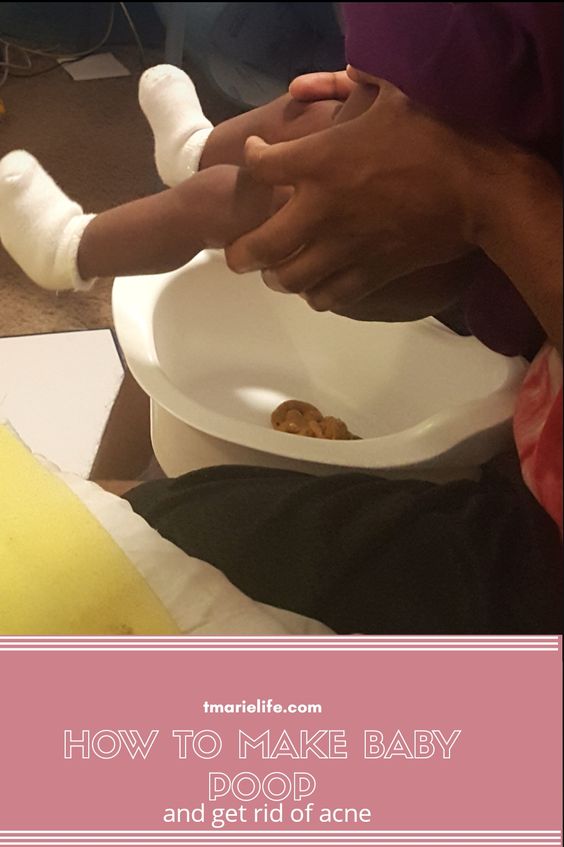
• if your child develops and begins to recur with urinary tract infections, constipation, or behaviors that involve urinary retention and, of course, nocturnal enuresis.
Should all urinary disorders be treated?
There is a low-risk group of diseases and a high-risk group of diseases that can develop with kidney failure. Low-risk urinary tract symptoms include the following symptoms: daytime urinary syndrome, urinary incontinence, laughing incontinence, stress urinary incontinence, bladder incontinence, and primary nocturnal enuresis. These syndromes do not require intensive investigation or any special monitoring. nine0003
How to deal with the symptoms of a low-risk disease?
We suggest that you consult with a general practitioner or pediatric urologist and:
Sometimes you need to calm down
Wait sometimes
Sometimes different behaviors are studied
For example, the syndrome of frequent urination 20 times a day.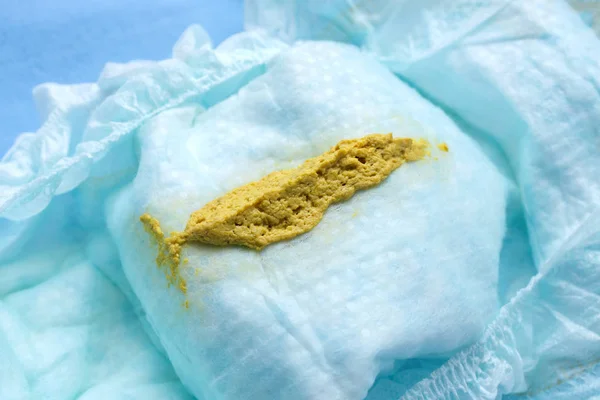 This disorder can be caused by psychological stress and is most common in boys aged 4-8 years. Urinalysis is normal. Nothing can be done, it spontaneously disappears after 2 days, and sometimes after two and a half months. nine0003
This disorder can be caused by psychological stress and is most common in boys aged 4-8 years. Urinalysis is normal. Nothing can be done, it spontaneously disappears after 2 days, and sometimes after two and a half months. nine0003
After urination drops is a common problem in children. This urination is more common in teenage girls for a number of reasons: irregular urination (insufficient urination of the legs), frequent urinary tract infections, itchy perineum, sometimes due to a fungus or chemical irritation. This is what happens when you love to swim in foam and the chemicals in there can irritate and develop non-bacterial inflammation.
Urinary incontinence also occurs. It is more common in girls before adolescence. This may continue into adulthood, without any other urinary problems. We encourage these children to go to the toilet and urinate frequently before an upcoming social event. Laughter incontinence is similar to stress urinary incontinence. nine0003
Advice and guidance in case of such violations.
First of all, children should learn to urinate regularly, at least 5-6 times a day, slowly.
The guiding principle is to have quick access to the toilet at school and help reduce embarrassment. If the child does not hold urine, cannot urinate in time, bad breath appears, which is a very traumatic situation even in school bullying. nine0003
As a result, children no longer want to go to school, lose friends, feel worse.
Treatment of urinary tract infections is very important as it is sometimes the main cause of urinary problems. Girls need to be taught to urinate, and in case of laughter, special behavior needs to be taught.
It is advisable to adjust the diet of a child with urinary problems. Now it is very fashionable for teenagers to drink coffee. We ask you to exclude foods that irritate the bladder, and first of all it is caffeine, as well as orange juice, tomatoes, spicy foods. We recommend taking cranberry juice and yogurt as a preventive measure for urinary tract infections. nine0003
nine0003
URINATION IN CHILDREN - IPM Clinic for Children in Krasnoyarsk
what exactly and how to treat it?
First, let's figure out what is the normal frequency of urination.
In children, this indicator is closely related to age:
- newborns and babies up to 6 months urinate 15-25 times a day; nine0102
- babies from 6 to 12 months - 15-17 times;
- from 1 to 3 years - about 10 times a day;
- 3 to 7 years - 7-9 times;
- from 7 to 10 years - 6-7 times;
- over 10 years old - 5-7 times a day.
There is a concept of "physiological pollakiuria" (normal pollakiuria).
Causes:
- The child drinks a lot of fluids.
— Taking medicinal diuretics.
- Hypothermia.
— Consumption of products with a pronounced diuretic effect (watermelon, cranberries, green tea, etc. )
)
- Stress.
Pathological pollakiuria
Causes:
— Small bladder. This may be a congenital pathology or provoked by a tumor growing nearby.
- Violation of the development of nerve centers responsible for the regulation of the bladder.
- Injury to the brain or development of a tumor, which leads to a violation of the innervation of internal organs. There may be frequent urination in small portions, the development of enuresis. nine0003
— Diabetes mellitus provokes intense thirst, a large amount of liquid drunk leads to frequent visits to the toilet.
— Neuro-psychic pathologies: neuroses, vegetovascular dystonia, neurasthenia. These diseases are usually accompanied by other symptoms: headache, nervousness, sleep disturbance, emotional lability.
— Infection of the urinary tract (often against the background of SARS)
If urination is accompanied by pain and pain, then you should consult a doctor immediately! nine0010
Diagnosis of the event:
First, contact a pediatrician or urologist.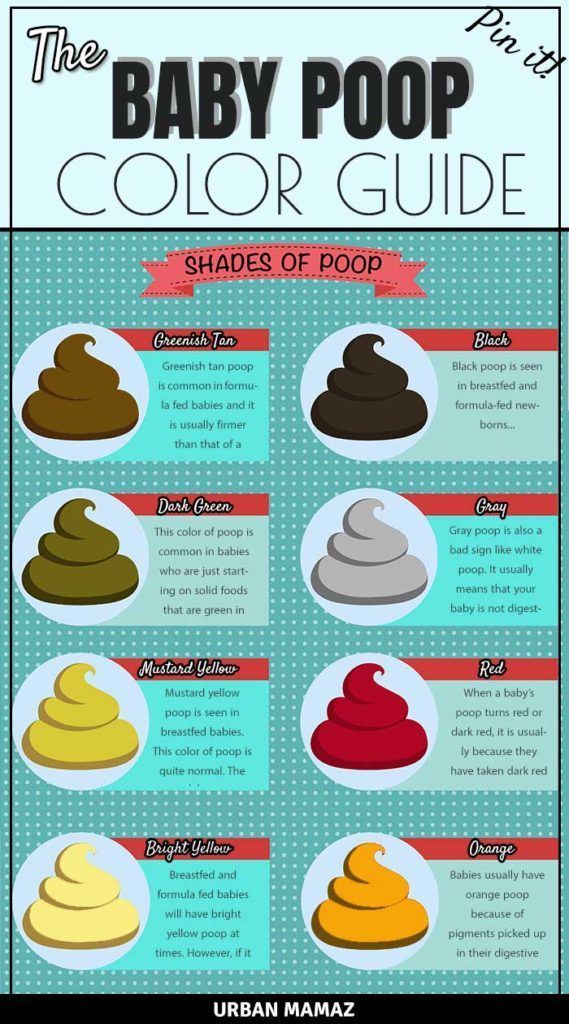
Further laboratory and instrumental examinations are required:
- Urinalysis according to Nechiporenko. Allows you to determine the number of pathogenic microbes in the urine.
- Blood test (general and clinical). Taken to rule out diabetes.
- Biochemical blood test
- Ultrasound of the bladder and kidneys.
- Uroflowmetry. Determines the violation of the urodynamics of the urinary tract. nine0102
- Consultation with a psychologist, nephrologist (if necessary)
Prevention of the disease:
— Visit a doctor regularly. A child under one year old should be shown to the pediatrician monthly, at 1 and 2 years old - once every three months, over 4 years old - once every six months.
- Do not allow the child to get cold.
- Do not contact with patients with acute respiratory viral infections.
- Observe how many times a day the child relieves himself, if there are any signs of pain.



